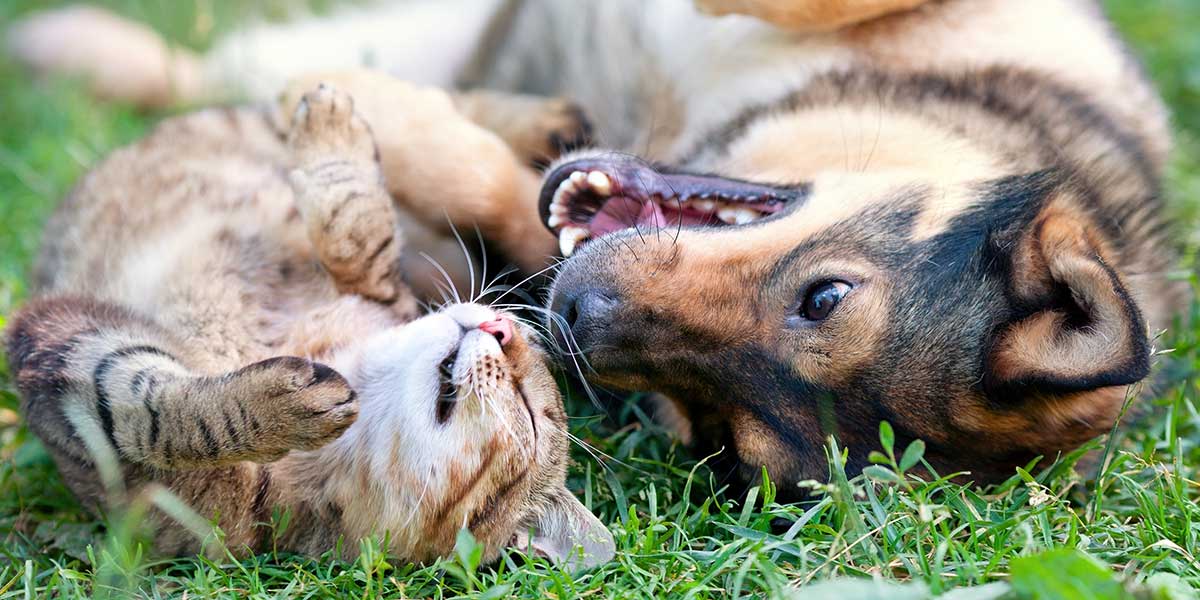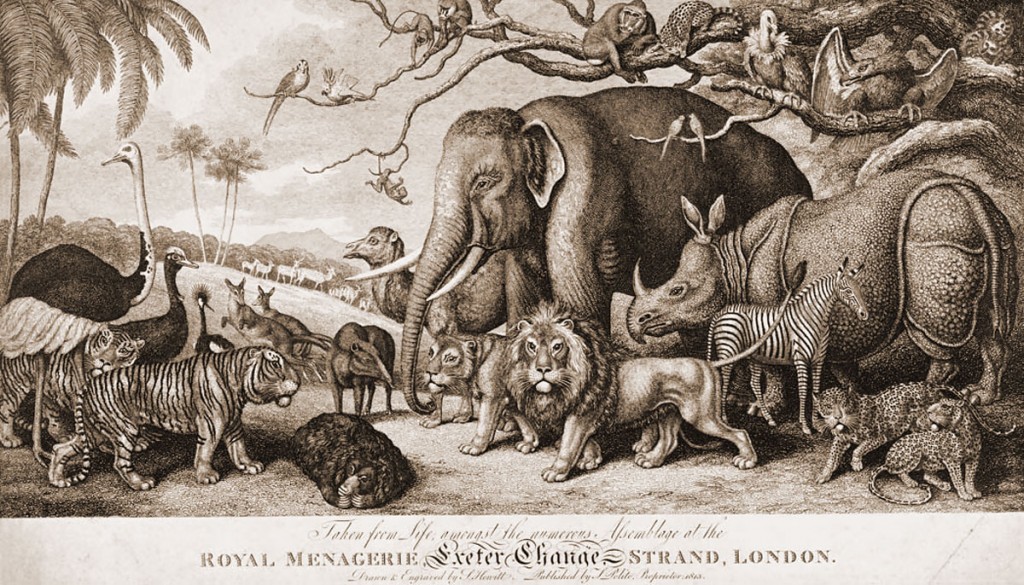
dog days
Meaning: the hottest and most sultry part of summer, marked by periods of lethargy and inactivity
This expression refers specifically to the period from approximately July 3 to August 11, when Sirius, the brightest star in the night sky, rises at the same time as the sun. Sirius, also known as the “dog star,” is part of the constellation Canis Major (“greater dog”), which represents one of the two hunting hounds of the mythological Orion, depicted in a constellation of the same name. Note that if you “connect the dots” of the constellation, you can clearly make out the stick figure of a dog.
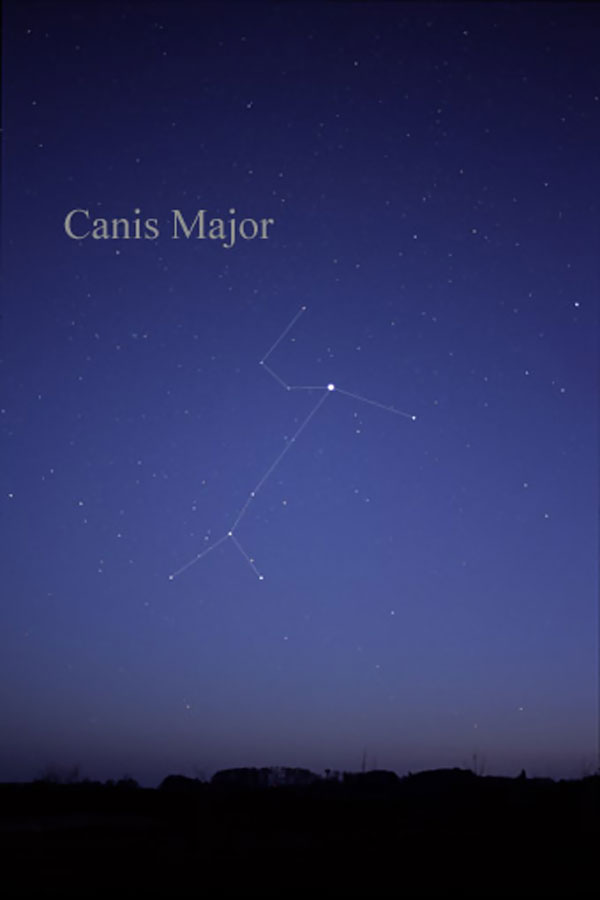
Meaning: to rain very heavily
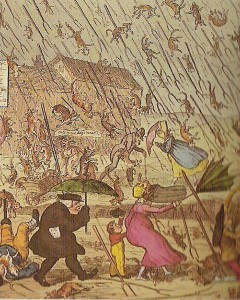
The likeliest and most prosaic explanation stems from poor sanitation. The narrow, filthy streets of London in the 17th and 18th centuries would occasionally flood in heavy rains. The resulting deluge would often carry along debris, including dead animals—most commonly, dogs and cats. Thus, it would have looked as if not just water had fallen from the sky, but a variety of domestic animals as well.
Such a sight may have inspired the Anglo-Irish satirist, Jonathan Swift, to write in 1710 about seeing water-borne animal corpses in the streets of London:
Sweeping from Butchers Stalls, Dung, Guts, and Blood,
Drown’d Puppies, stinking Sprats, all drench’d in Mud,
Dead Cats and Turnip-Tops come tumbling down the Flood.
Years later, in A Complete Collection of Polite and Ingenious Conversations (1738), Swift actually first coined the phrase that we are all familiar with today:
“I know Sir John will go, though he was sure it would rain cats and dogs”.
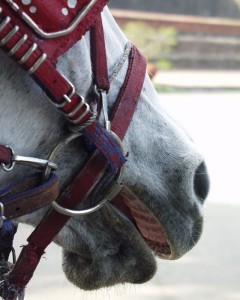
straight from the horse’s mouth
Meaning: directly from the original source or highest authority
In the horseracing world, punters often acquire their betting tips from those most familiar with the general health and ability of a given horse, such as trainers, stable boys, and so on.
Thus, logically, to get one step closer than that inner circle of trusted authorities you would have to consult the horse itself.
until the cows come home
Meaning: for a very long or indefinite period of time
Known for their languid nature and unhurried pace, cows in England and Scotland were often let out to pasture to graze at their leisure, only returning to the barn for milking later in the night or the next morning—in other works, after a long time. A version of this colloquial expression seems to date at least back to the early 17th century, where it is mentioned in a line in Beaumont and Fletcher’s play, The Captain (circa 1609):
Jacomo: ‘Good morrow! Drink till the cow come home, ’tis all paid, boys.’
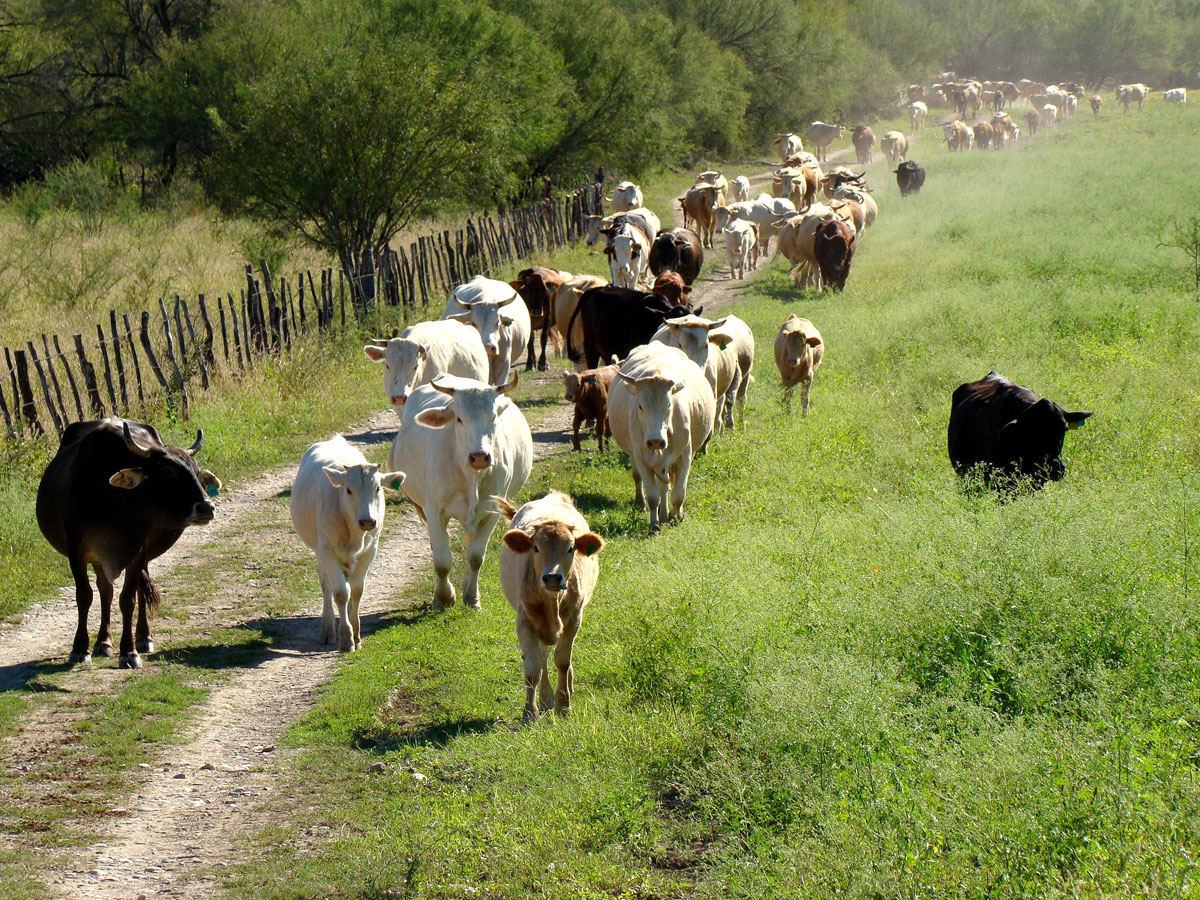
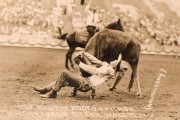
Meaning: to confront a problem head on rather than waiting for it to resolve itself
This phrase very likely originated in the American west, where cowhands attempting to control a bull would grab it by the horns and wrestle it to the ground (since grabbing it by the neck, legs, or some other part of the body would be too risky). The practice continues in the steer-wrestling (“bulldogging”) demonstrations found even now in modern-day rodeos.
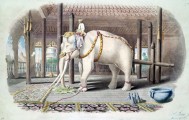
Meaning: a useless and troublesome but costly possession that is difficult to dispose of
This expression apparently dates back to the time of the kings of Siam (present-day Thailand), who would “reward” troublesome courtiers with an albino elephant. Though such a gift might seem wondrously rare to the recipients, the cost of keeping and maintaining such an animal would ultimately ruin them!
make an ass of oneself
Meaning: to behave foolishly or absurdly
None other than William Shakespeare first coined this expression (as he coined so many others still in common usage even today). It is found in the play A Midsummer Night’s Dream (1600), where the fairy Puck magically transforms the head of the weaver Nick Bottom into that of a donkey:
This is to make an asse of mee, to fright me, if they could.
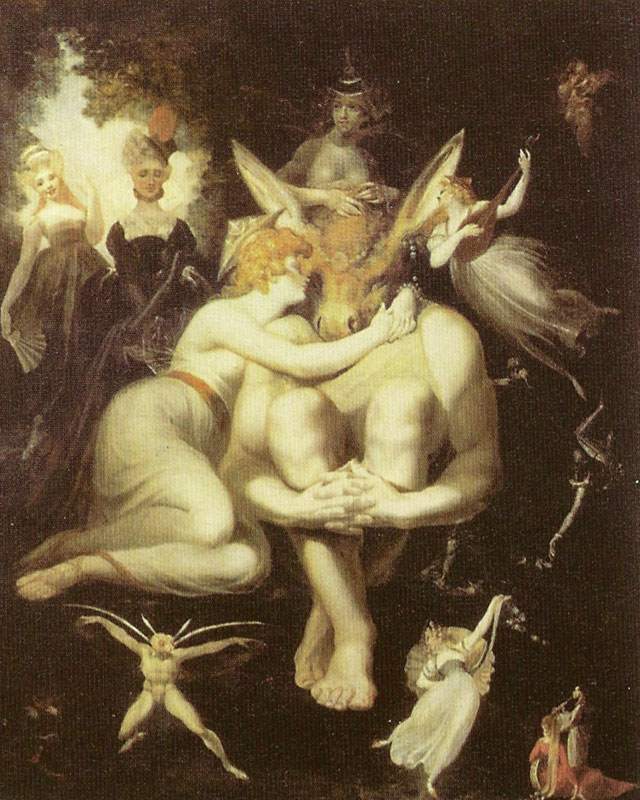
- bee’s knees
- cat’s meow
- copy cat
- eager beaver
- elephant in the room
- hold your horses!
- kitty-corner
- let sleeping dogs lie
- lion’s share
- one-trick pony
- pig-headed
- red herring
- smell a rat
- that really gets my goat
- weasel out of something
- wild goose chase
Glad we got that cleared up!
Anyway, as we were saying…now that the dog days of August are long past, we at Ketchum Mfg. Co. hope you enjoyed your Summer and are looking forward to the beauties of Autumn. ♥
